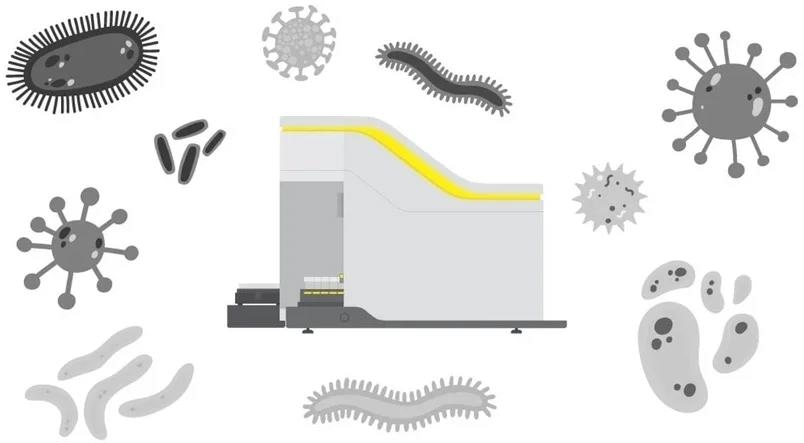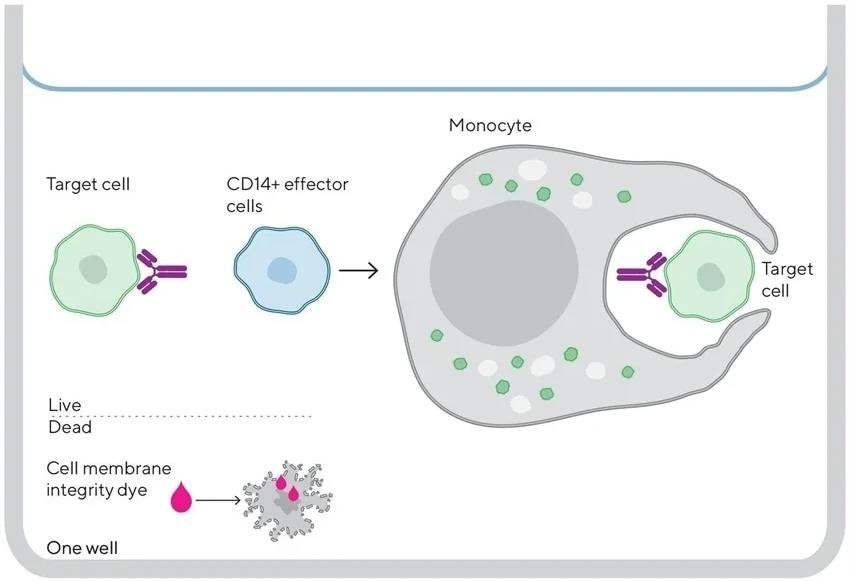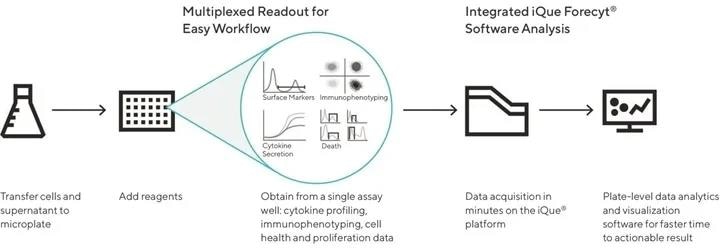Sponsored Content by SartoriusReviewed by Alex SmithAug 3 2023
Infectious diseases still pose a considerable threat to global health. Current research helps us to better comprehend virus biology and develop effective treatments. This post discusses the vital role of advanced flow cytometry in assisting scientists to examine and specify several aspects of host immune responses, infectious agents, and therapeutic interventions.

Image Credit: Sartorius UK Ltd
Understanding the basics of flow cytometry
Flow cytometry is a strong analytical method that is utilized to determine, measure, and examine cells and particles in a heterogeneous mixture. The standard instrument comprises three primary components: an optical, fluidic, and electronic system.
The fluidics system guides the sample stream into a narrow and single-cell suspension. Since the cells pass via laser beams in a single file, the optical system quantifies granularity, size, and fluorescence properties. Furthermore, advanced software is utilized to examine all the data.
This potential to quickly gather data on several attributes from each cell has made flow cytometry a standard method in several applications, such as therapeutic antibody discovery and infectious disease research.
Applications in infectious disease research
For new vaccines and treatments for a novel pathogen to be developed, it is essential to learn the biology of the pathogen and how it engages with host immune systems. The action of T cells is vital to organizing the body's defenses during an infection.
T-cell characterization offers an understanding of how T cells recognize and remove control pathogen spread and infected cells, and control the entire immune response. Flow cytometry is an indispensable tool for answering such questions and for assessing therapeutic and vaccine strategies.
- Immune profiling: By staining immune cells along with fluorescently-labeled antibodies, scientists can define various cell subsets, such as T cells, natural killer cells (NK cells), and B cells.
This kind of data offers useful insights into the immune response dynamics, such as variations in activation markers, cell populations, and cytokine production.
- Treatment development: Flow cytometry offers quantitative and qualitative data on host immune responses, viral replication, and cellular effects, enabling scientists to evaluate the safety, efficacy, and mechanism of action of antiviral drugs.
Fluorescently-labeled antibodies targeting viral antigens could be utilized to detect if the virus could fix and enter the host cell in reaction to treatment. This information is vital for improving drug regimens, performing drug resistance analysis, and developing highly effective antivirals.

Quantitative ADCP assay on the iQue® Platform. Image Credit: Sartorius UK Ltd
What advanced flow cytometry can do
Even though flow cytometry is considered a significant tool in infectious disease research, the method has been considered complex due to the non-intuitive workflows of conventional systems and the disjointed data analysis protocols that require softwares. There are also throughput limits, which make it hard to execute assays at an industry scale. For such reasons, several laboratories find outsourcing such experiments to core facilities simpler.
Sophisticated systems, such as the iQue® Advanced Flow Cytometry Platform, fulfill crucial bottlenecks for quick and high-throughput protein analysis, immunophenotyping, and functional profiling and assessments.
A leading superpower of advanced systems is the concurrent detection of several parameters in a single sample. On the iQue® Platform, for instance, users could leverage bead-based assays to quantify several cytokines, immune cell subsets, and other immune markers involved in infectious diseases.

An advanced flow cytometry workflow on the iQue® Platform. Image Credit: Sartorius UK Ltd
Published examples in vaccine development and more
The potential to execute high-content assays in a highly simplified and affordable method is why many follow the “advanced” route for flow cytometry.
When developing vaccines and treatments for infectious diseases, users can determine countless examples of sophisticated, high-throughput flow cytometry platforms being utilized.
Predictably, several studies performed are on SARS-CoV-2, with one remarkable mention of a vaccine candidate that received emergency usage authorization by the US Food and Drug Administration (FDA). Other featured studies touch on the Zika virus, Ebola virus, and HIV.
About Sartorius
Sartorius is a leading international pharmaceutical and laboratory equipment supplier. With our innovative products and services, we are helping our customers across the entire globe to implement their complex and quality-critical biomanufacturing and laboratory processes reliably and economically.
The Group companies are united under the roof of Sartorius AG, which is listed on the Frankfurt Stock Exchange and holds the majority stake in Sartorius Stedim Biotech S.A. Quoted on the Paris Stock Exchange, this subgroup is comprised mainly of the Bioprocess Solutions Division.
Innovative technologies enable medical progress
A growing number of medications are biopharmaceuticals. These are produced using living cells in complex, lengthy and expensive procedures. The Bioprocess Solutions Division provides the essential products and technologies to accomplish this.
In fact, Sartorius has been pioneering and setting the standards for single-use products that are currently used throughout all biopharmaceutical manufacturing processes.
Making lab life easier
Lab work is complex and demanding: Despite repetitive analytical routines, lab staff must perform each step in a highly concentrated and careful way for accurate results.
The Lab Products and Services Division helps lab personnel excel because its products, such as laboratory balances, pipettes and lab consumables, minimize human error, simplify workflows and reduce physical workloads.
Sponsored Content Policy: News-Medical.net publishes articles and related content that may be derived from sources where we have existing commercial relationships, provided such content adds value to the core editorial ethos of News-Medical.Net which is to educate and inform site visitors interested in medical research, science, medical devices and treatments.